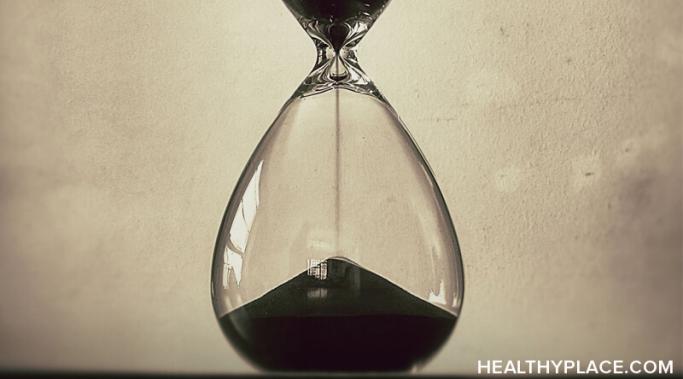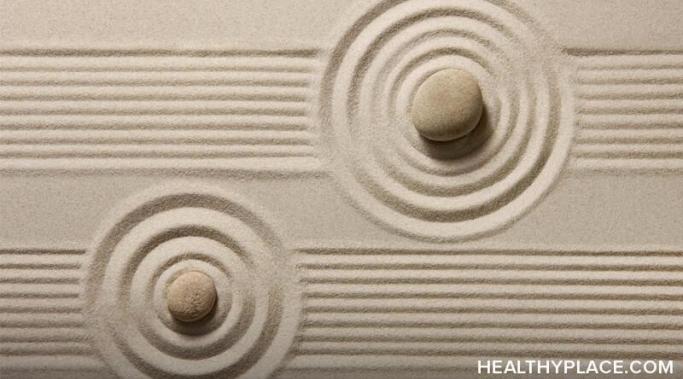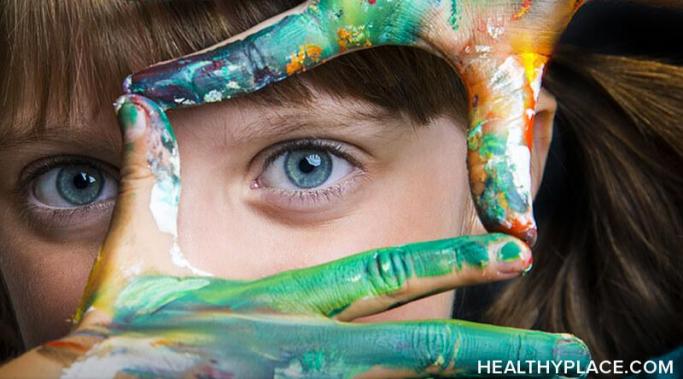Discovering meaning during midlife can seem like a challenge. Faced with uncertainty about the future and the feeling of having spent years working without achieving anything significant, how can we avoid discontentment, nurture a positive mindset, and turn midlife into a transformative journey? Here's how I found meaning in midlife.
Meaning
As autumn — or fall — arrives after the scorching summer, I gladly welcome it as the season of gratitude. Whether it's the feeling of relief as the oppressive heat and humidity fade away or eager anticipation of the seasonal foods that become available, it always fills me with an overwhelming sense of appreciation. For me, fall is the season of gratitude.
There is a heart and mind connection. When you think of emotions, do you imagine them coming from the heart or mind? Or do you consider the heart and mind to be an inseparable whole? Examining how we talk about the heart and mind connection can teach us much about our beliefs. Can it also help enhance our experience of bliss and wellbeing?
I like to avoid tense situations in my everyday life. I enjoy living in a peaceful, harmonious, and stable society. Yet tense situations are an inescapable part of nature. Life-or-death struggles are ever-present, whether fighting over territory, for a mate, searching for food, or avoiding being eaten. In an increasingly civilized world, can intentionally engaging in tense and stressful situations benefit our experience of bliss?
As Japan's unique culture continues to gain interest worldwide, many previously unknown aspects of Japanese life are now much more widely understood. At one end is its distinctive pop culture. On the other are its traditional philosophical concepts related to mindfulness, simplicity, and the inherent power of nature. These aspects of Japan's unique culture have undoubtedly played a pivotal role in helping me create a blissful life.
Today, individualism is more challenging than ever. This week, I've been thinking a lot about The Fountainhead, a novel by Ayn Rand, the Russian-born American writer and thinker who's been largely slimed by 21st-century progressives for her conservative political philosophy. The Fountainhead, however, deals not with politics but with self-hood and being an individual.
As my school year draws to a close, the notion of letting go is front and center on my mind. May is always a poignant month for a teacher, but this May has been particularly heavy as I prepare to leave the world of education behind and embark on a new career path. I will miss my students dearly and the person I have become under their tutelage, but as we march toward the last day of school, I am more and more ready to let go of who I have been in order to make space for who I will be.
With the rise of "main character energy" in the post-pandemic, there's been a lot of buzz over the past few years over the notion of "romanticizing your life." In short, this idea urges you to fall in love with your own existence the same way you might fall in love with another person. A simple Google search yields list upon list of ways you can do this. This content is fun and zesty but ultimately flawed. Approaching your romance with yourself with dos and don'ts is as effective as wooing a crush by giving them a handbook. True romance is spontaneous and melting, not structured and task-oriented. If you're interested in romanticizing your life, there's a simpler way.
I celebrate life's journey -- some days more than others.
I hate the phrase, "live your truth." I really do. Besides being tragically cliched, relegated to Instagram captions and gift shop t-shirts as it is, "live your truth" is generally marketed as a philosophy that will always yield a good outcome: live your truth, and you'll be radiant, prosperous, and probably really great at yoga. Live your truth, and achieve perfect bliss. Rarely have I heard a person or a piece of content urge me to live my truth and insinuate anything but a wonderful result.









